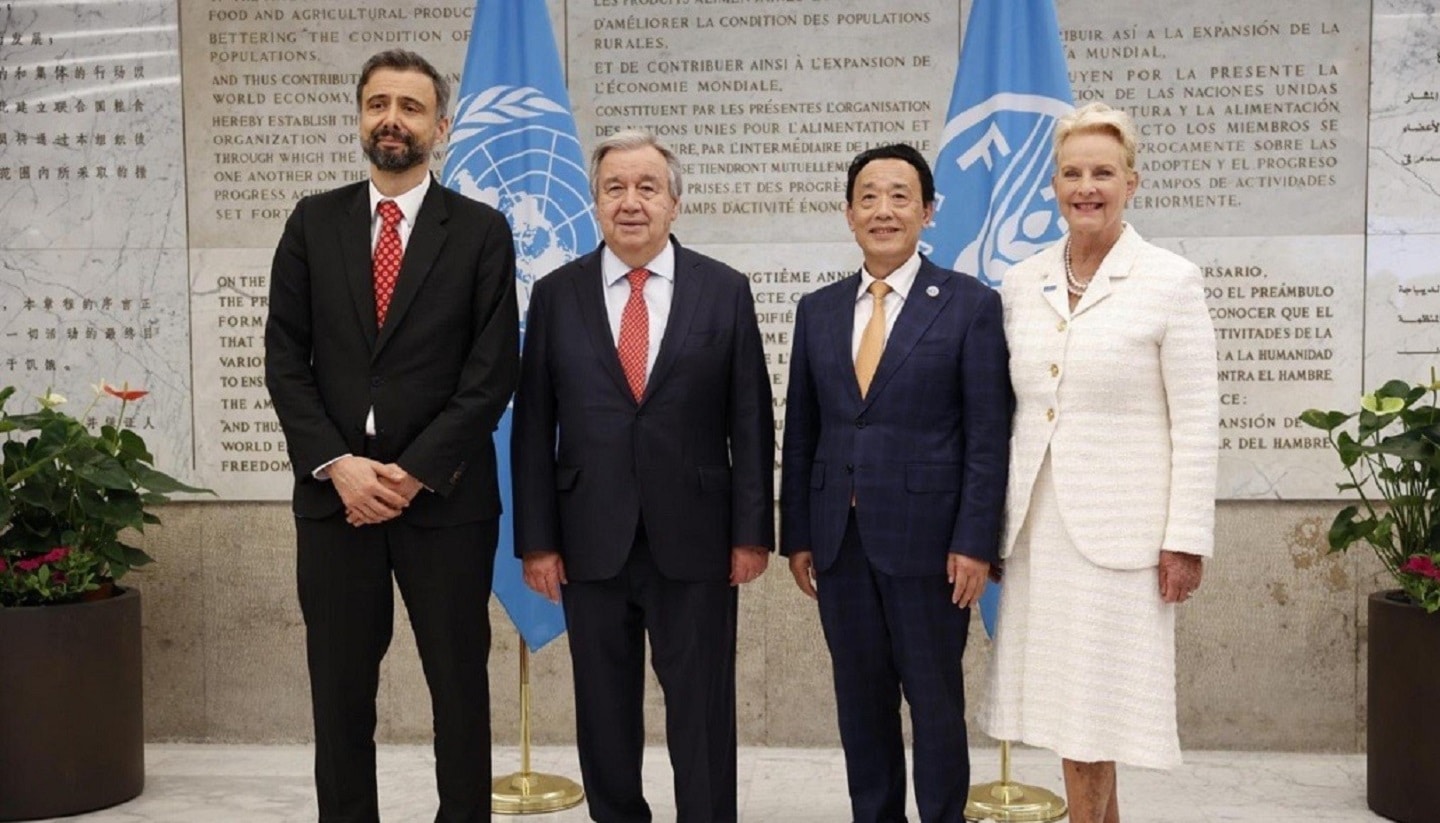$300-$400 Billion Annual Cost to Support Food System Transformation in Low- and Mid-Income Countries

UN Deputy Secretary-General Amina Mohammed delivered a powerful message at the UN Food Systems Summit+4 Ministerial Round Table in Addis Ababa, emphasizing the urgent need for transformation in global food systems. With just five years remaining until the 2030 deadline for achieving sustainable development goals, she highlighted the interconnectedness of food systems with critical issues such as poverty, hunger, and inequality. Mohammed called for bold political leadership and innovative financing strategies to address the stark financial realities facing developing nations, where rising food prices and shrinking aid are exacerbating vulnerabilities.
Urgent Call for Food Systems Transformation
Amina Mohammed stressed that the transformation of food systems is essential to tackling various global challenges, including poverty and sustainability. She pointed out that food systems are not merely one aspect of the broader development agenda; they are integral to addressing multiple crises. Investing in decent work, particularly for women and youth in agriculture, is crucial for building inclusive economies. However, the current financial landscape presents significant obstacles, with 52 developing countries grappling with crippling debt and soaring food prices that disproportionately affect the poorest families.
Challenges Facing Small-Scale Producers
The Deputy Secretary-General highlighted the barriers that small-scale producers and informal food businesses face, particularly in low- and middle-income countries. Despite their vital role in sustaining food systems, 90% of smallholder farmers lack access to formal and affordable financing. This situation perpetuates their vulnerability and hinders their ability to contribute effectively to food security. Mohammed emphasized that the existing trade barriers and unfair market rules further marginalize these producers, making it imperative to create a more equitable playing field.
The Need for Decisive Action and Investment
Mohammed called for a comprehensive approach to food systems transformation that goes beyond mere resource allocation. She urged for decisive political leadership and smarter public financing strategies that align with national contexts and aspirations. The need for urgency and creativity in mobilizing both public and private finance was underscored, with a focus on leveraging national budgets, climate funds, and innovative financing instruments. The Deputy Secretary-General also noted the importance of multilateral banks and international financial institutions in coordinating efforts and steering investments toward sustainable development.
Blueprint for a Sustainable Future
The Sevilla Commitment was presented as a guiding framework for achieving smarter public finance and systemic reforms. It emphasizes the integration of food systems into sustainable development plans, which includes investing in infrastructure and ensuring access to affordable long-term financing. Accurate data and financial intelligence are crucial for making informed decisions and directing resources to those in need. As the UNFSS+4 serves as a pivotal moment for global food systems, Mohammed called for renewed solidarity and real investment to create food systems that nourish communities and promote resilience.
Observer Voice is the one stop site for National, International news, Sports, Editor’s Choice, Art/culture contents, Quotes and much more. We also cover historical contents. Historical contents includes World History, Indian History, and what happened today. The website also covers Entertainment across the India and World.
Follow Us on Twitter, Instagram, Facebook, & LinkedIn

